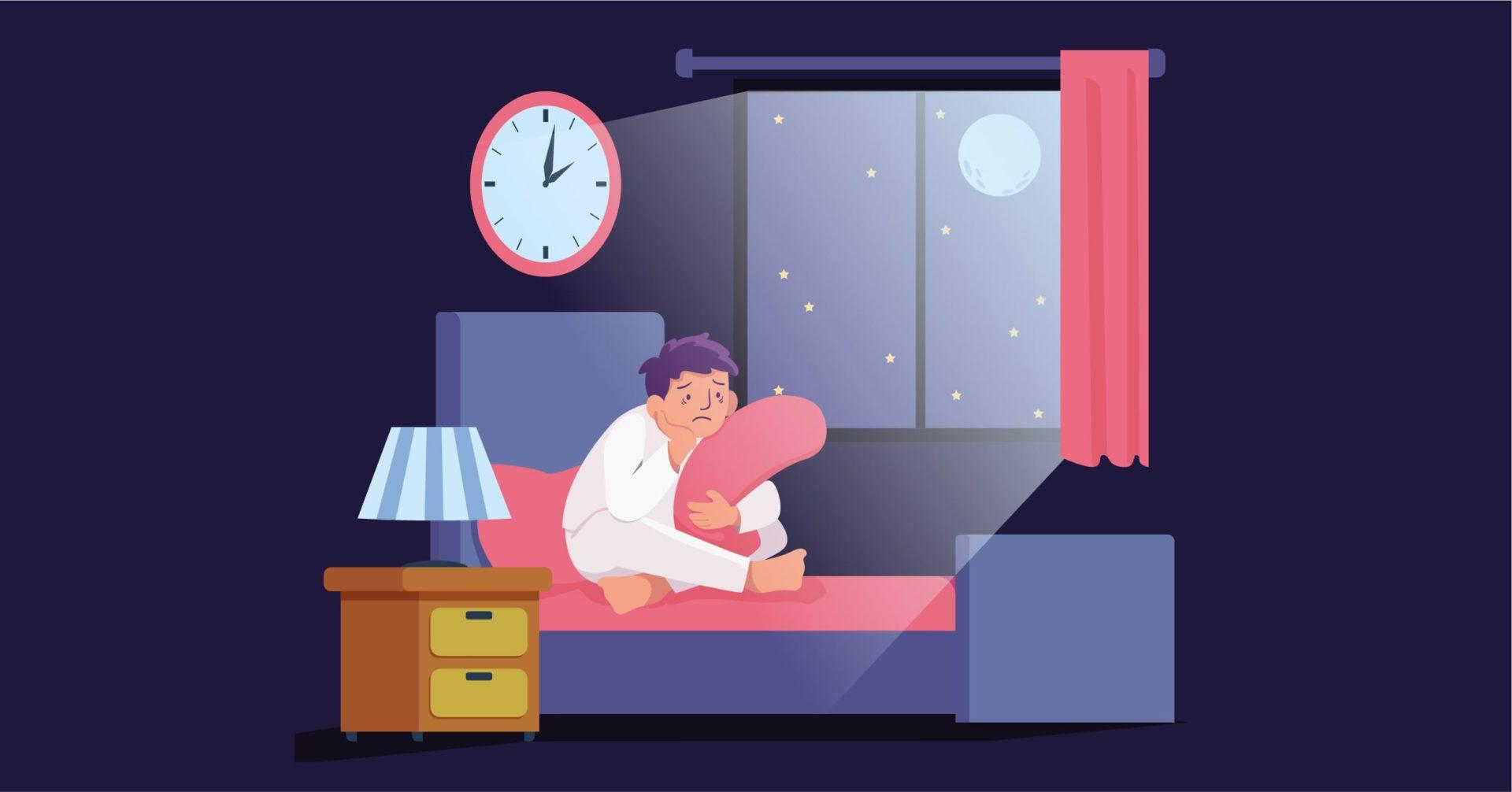Overview
Gambling Disorder is a type of addictive disorder where the person engages in gambling behaviours despite facing considerable impairment financially, as well as socially. This is different from people who engage in gambling behaviours occasionally, or even once a month. For gambling to be considered as a disorder, there has to be marked impairment in the person’s life. Financial unmanageability, inflated view of self, lack of insight or remorse over the money lost and repeatedly going back with even more money are some of the symptoms of Gambling Disorder.
There are no known causes for Gambling Disorder. However,studies suggest that Gambling Disorders often occur with other substance abuse related disorders. Research reports that there is serotonergic involvement in behavioural addictions. Serotonin is implicated in motivation, decision making, emotion regulation and inhibition of behaviour. Serotonin dysregulation affects behavioural inhibition and impulsivity among people with Gambling Disorders.
From a neurocognitive perspective, behavioural addictions follow a similar trajectory as substance abuse disorder. Studies using reward-processing and decision making tasks have identified both increase and decrease of ventromedial prefrontal cortex activity among disordered gamblers.
Common Signs and Symptoms
While a lot of people engage in gambling, some even with monthly regularity, there are certain symptoms which differentiate this kind of behaviour from disordered gambling. Following symptoms must be accounted for in disordered gambling:
- Disordered gamblers are preoccupied with gambling plans. They are constantly thinking about it.
- They feel the need to gamble with increasing amounts of money.
- If they are able to identify their problem, they may take steps to cut down on gambling and are often unsuccessful.
- They get irritable and restless if they don’t get to gamble.
- They gamble when they are distressed.
- They may jeopardize their relationships in order to get money for gambling. They use manipulative tactics such as begging, blackmailing, gaslighting etc in order to get money to gamble or to pay debts accumulated due to gambling.
Alongside these symptoms, disordered gamblers are often over confident, have an inflated view of self, hold superstitious beliefs, sense of power and control over chance events, etc. are also common. They tend to engage in illegal behaviours such as theft, fraud, embezzlement, etc to obtain money. They have a habit of chasing losses, where they might abandon their strategy for gambling in order to win over all losses.
Gambling Disorder can have mental & physical implications.
Assess yourself today.
Risk Factors
Research reports that there are genetic and environmental factors involved in the development of Gambling Disorder. Data from all-male Vietnam Era Twin registry states 50-60% heritability in disordered gambling. Men are more susceptible to Gambling Disorders than women. However, women show a rapid decline in functionality as compared to men.
Personality factors such as impulsivity and sensation seeking are generally higher among folks who have addictive tendencies. Disordered gamblers also tend to score higher on tests of compulsivity. However, there are nuanced differences among obsessive-compulsive disordered individuals and disordered gamblers on scores of compulsivity.
Diagnosis
According to DSM-5, to be diagnosed with Gambling Disorder, following criteria must be met with a recurrence of the behaviour for at least 12 months:
- Gambling behaviour that causes marked impairment and distress in the person’s vocational, financial and social functioning.
- There is a need to gamble in increasing amounts of money in order to achieve desired excitement.
- Restlessness and irritability while trying to cut down on gambling. Attempts at cutting gambling are also futile and unsuccessful.
- Preoccupation with gambling. For example, constantly thinking about various ways to get money for gambling, figuring out new strategies, etc.
- Gambles when feeling distressed.
- Lies and concealment to hide gambling attempts.
- Chasing losses: going again the next day to gamble with the intention of getting more money or getting even.
- Has jeopardized relationships, career opportunities, etc in order to gamble.
- Asking for help from people to relieve desperate financial situations.
A psychologist often requires four of these above symptoms to be present while diagnosing with Gambling Disorder. The severity varies as mild, moderate and severe with an increasing number of symptoms.
A psychologist is required to rule out other conditions that may lead to such a behaviour, for instance, a manic episode.
Treatment
Treatment of addiction happens in three stages. First stage involves easing into abstinence of the addictive substances via properly regulated drug administration and desensitisation techniques. Focus is on reducing immediate withdrawal symptoms.
The second phase involves a mix of psychotherapy and psychopharmacology. It is referred to as recovery. In the recovery phase, medications may be given to reduce urges and other associated problems. However, focus is on talk therapy which helps in building coping strategies, increasing motivation to prevent relapse, etc.
The third phase, is as relapse prevention, aims to sustain abstinence in the long term. Patients are advised to attend support groups,and self help groups such as Gamblers Anonymous, etc.
Treatment can be administered in in-patient, outpatient and residential settings. Cognitive Behavioural Therapy, Family therapy, self help groups and brief motivational interviewing and enhancement are common forms of psychotherapies.
Psychopharmacotherapy includes opioid receptor antagonists namely naltrexone and nalmefene. These have empirically demonstrated lesser urges to gamble, gambling thoughts and lesser gambling behaviours.
Differential Diagnosis
1. Non disordered gambling: Gambling disorder must be distinguished from professional and social gambling. In professional gambling, risks are limited and discipline is central. Social gambling typically occurs with friends or colleagues and lasts for a limited period of time, with acceptable losses. Some individuals can experience problems associated with gambling (e.g., short-term chasing behavior and loss of control) that do not meet the full criteria for gambling disorder.
2. Manic episode: Loss of judgment and excessive gambling may occur during a manic episode. An additional diagnosis of gambling disorder should be given only if the gambling behavior is not better explained by manic episodes (e.g., a history of maladaptive gambling behavior at times other than during a manic episode). Alternatively, an individual with gambling disorder may, during a period of gambling, exhibit behavior that resembles a manic episode, but once the individual is away from the gambling, these manic-like features dissipate.
3. Personality disorders: Problems with gambling may occur in individuals with antisocial personality disorder and other personality disorders. If the criteria are met for both disorders, both can be diagnosed.
4. Other medical conditions: Some patients taking dopaminergic medications (e.g., for Parkinson’s disease) may experience urges to gamble. If such symptoms dissipate when dopaminergic medications are reduced in dosage or ceased, then a diagnosis of gambling disorder would not be indicated.
Comorbidity
Medical diagnoses such as tachycardia and angina are more common among individuals with gambling disorder. Gambling disorder is comorbid with substance use disorder, depressive disorders, anxiety disorders, and personality disorders. Gambling disorder may also occur
prior to the onset of other mental disorders, especially anxiety disorders and substance use disorders.
Specialists
Disordered gamblers are often referred to psychiatrists and psychologists. Rehabilitation psychologists are also involved in the treatment of Gambling Disorders.
In Conclusion
A dangerous problem that may ruin lives is compulsive gambling. Even though treating compulsive gambling can be difficult, many individuals who battle the disorder have found relief via professional treatment.
Although there isn’t a surefire solution to stop a gambling problem, educational initiatives that focus on at-risk individuals and groups may be beneficial.
If you are at risk for compulsive gambling, you may want to avoid gambling in any form, gambling-related persons, and gambling-related environments. To help stop gambling from getting worse, seek help as soon as a problem arises.
Book your session with our experts today.





